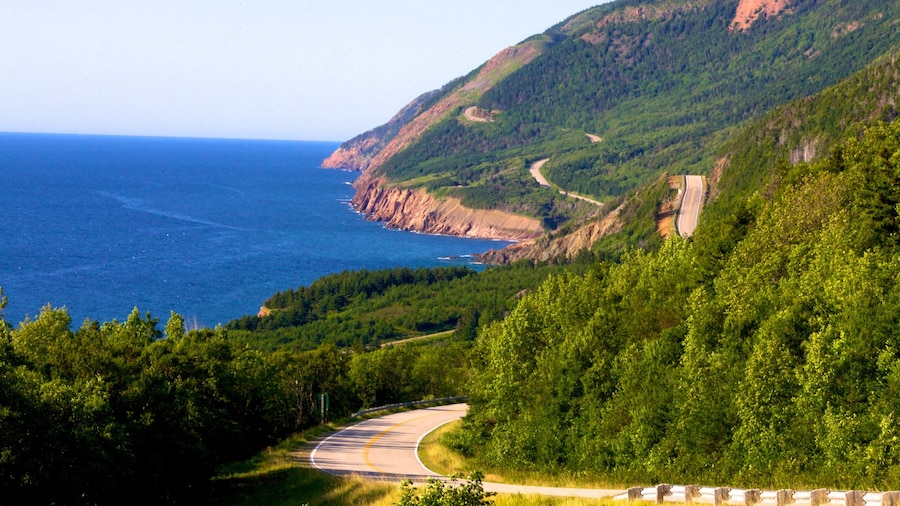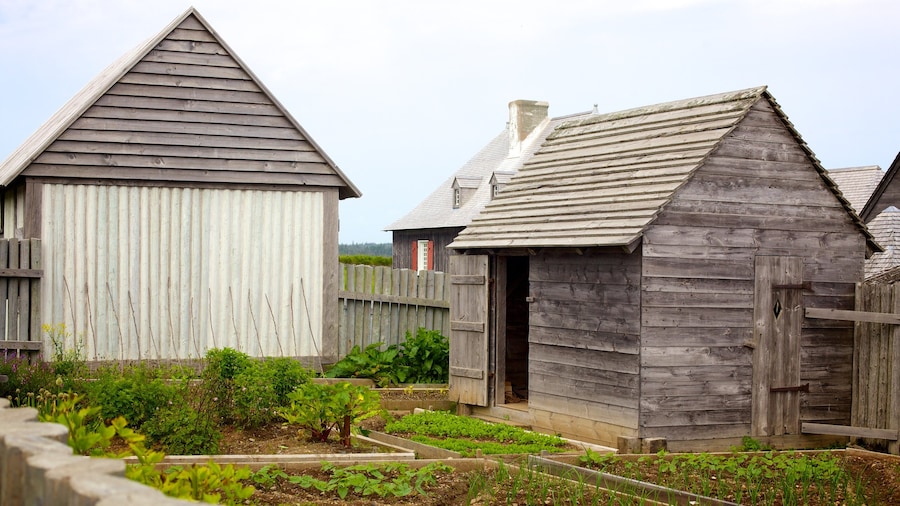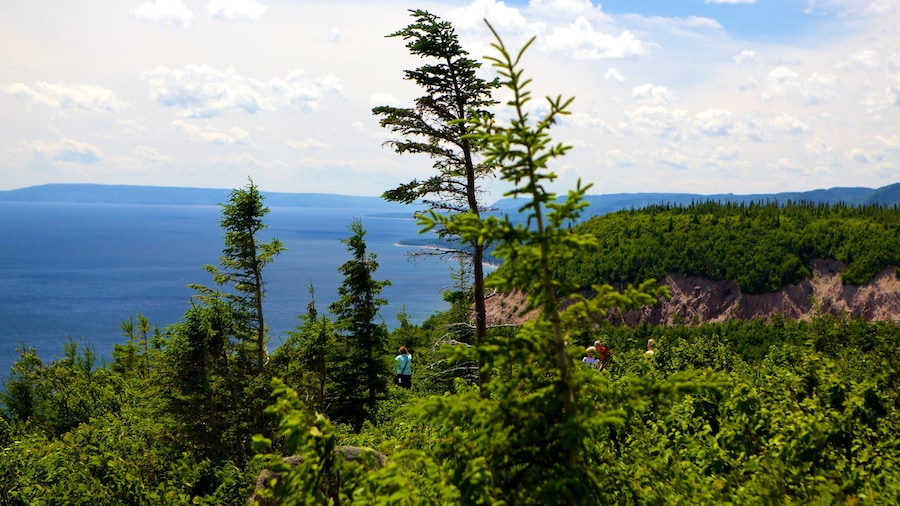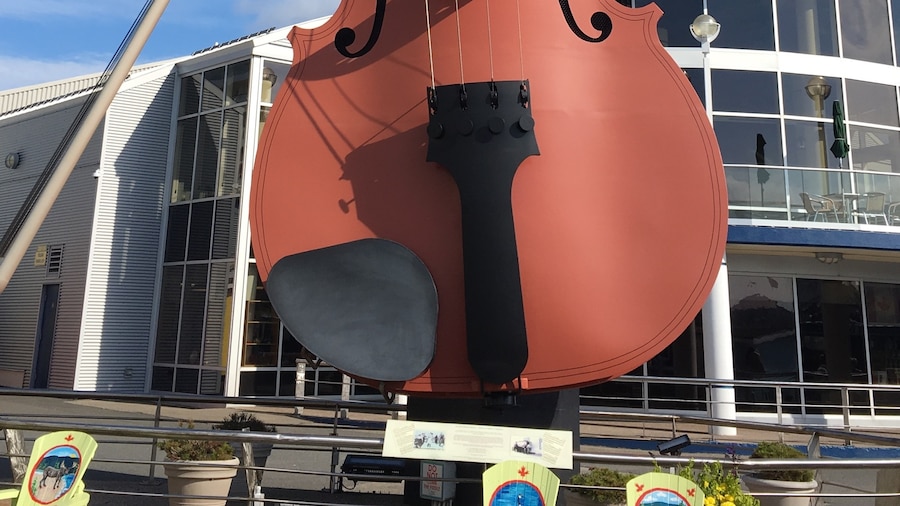A rich Celtic heritage blends with First Nation and Acadian cultural influences on this remote and breathtakingly scenic Nova Scotian island.
Cape Breton Island draws visitors from all over the world due to its famous hiking and driving trails and unique local culture. Witness the Celtic influence running through the music and customs of this special island, the only place in North America where Scottish Gaelic is still spoken.
Visit the island to explore traditions preserved since settlers arrived from the Scottish Highlands in the early 19th century. Find signs of the even earlier Acadian settlers in towns such as Chéticamp, where the Acadian French dialect can still be heard. Explore the heritage of the first people to dwell on this land, the First Nation communities who still thrive here.
One of the major attractions of the island is the Cabot Trail. Drive this 186-mile (300-kilometer) trail that winds around oceanfront cliffs for astonishing mountain views. Make time to stop at some of the numerous hiking trails, scenic lookouts and charming towns scattered along the route.
Another popular natural attraction is the Cape Breton Highlands National ParkOpens in a new window. Discover its diverse mountain and forest habitats, home to animals including moose and eagles or head to Bras d’Or Lake to spot a huge array of waterfowl.
To experience Celtic culture at its strongest, time your trip to coincide with one the festivals of Scottish music and dance held throughout the year. Also be sure to visit the Alexander Graham Bell National Historic Site, a museum dedicated to one of Scotland’s most famous sons, the inventor of the telephone. The museum is located in village of BaddeckOpens in a new window on the northern shore of Bras d’Or Lake.
The Membertou community is one of the island’s five First Nation communities. Learn about their fascinating history at the Membertou Heritage Park. Explore a different experience of island life at the Fortress of LouisbourgOpens in a new window, a detailed recreation of an 18th-century Canadian settlement, complete with actors in period dress.
Fly to Cape Breton Island’s domestic airport, the JA Douglas McCurdy Sydney Airport. Although Cape Breton Island is now easily accessible by air, its remote location at the northern point of Nova Scotia has meant that it has historically been hard to get to. That’s why its patchwork of local traditions remains so distinctive.

















